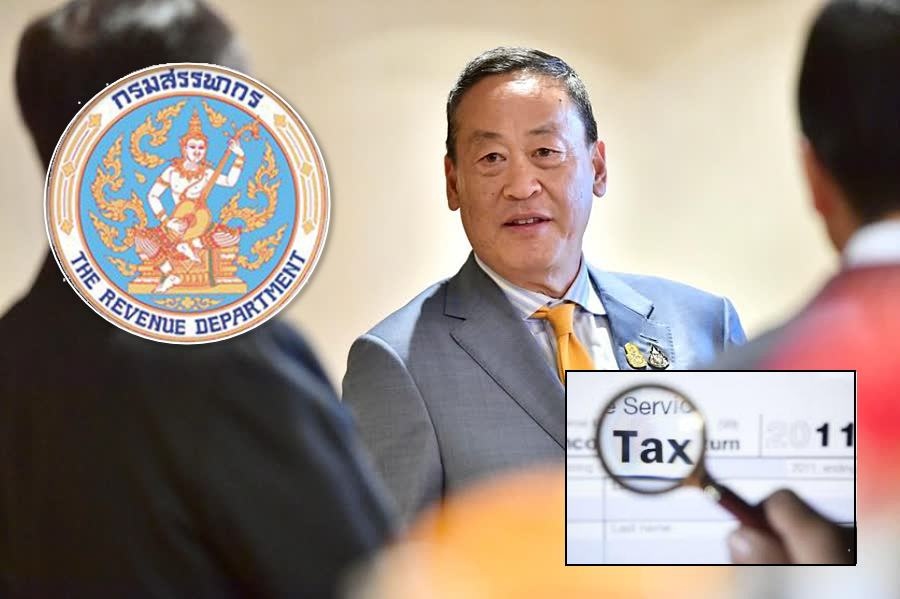
A former chairman of Baker McKenzie, the influential legal services firm based in Bangkok, has suggested that the controversial Thai Revenue announcement could be contested in court. Kitipong Urapeepattanapong, as reported in Thai Examiner, said that the Revenue was reinterpreting an existing code which has been in operation for 38 years. It is neither a law nor an administrative or ministerial regulation and could well be challenged in court with a good chance of success. He argued that a new law or a royal decree was necessary in these circumstances.
The Revenue last September issued a decree that, starting in January 2024, tax must be paid on income brought in from abroad from another jurisdiction no matter when the cash was generated. This changed the 1985 regulation that arriving income was only taxable if transferred in the same year it was earned. Many expats, probably most, are worried that the Revenue will start taxing them on income already taxed in the home country, mainly pensions and social security payments. If they live in Thailand for more than 180 days in a year, they are regarded as residents liable for taxation.
Kitipong said that his standpoint was shared by other notables, including a former supreme court judge, although the Revenue would presumably argue that its recent statement is simply an enforcement decree which does not require parliamentary intervention. The whole issue joins many other doubts and ambiguities which continue to plague the whole subject. There is no doubt that the Revenue means to target principally Thais or foreigners who enjoy business profits abroad, are currency speculators or have funds in offshore accounts including Hong Kong. But the Revenue has remained silent for the past two months and claims to be collecting information from stakeholders.
Law firm commentators in Bangkok divide into two groups. Some believe that typical expats have nothing to fear if living here on cash already taxed in the home country. They often quote double-taxation treaties which Thailand has made with around 60 countries. Others, however, point out that double-taxation treaties are all different and don’t necessarily reassure on points of concern currently spotlighted in Thailand. Not to mention the potential paperwork which expats might have to fill in annually to convince the Revenue of their exempted status. Some are suggesting that large sums should be transmitted to Thailand before the end of 2023. Meanwhile the waiting game for clear information drags on and on. The real answer, of course, is for Thailand to follow the example of Singapore and Hong Kong where the only income tax levied is on cash specifically earned in their own specific territories.






